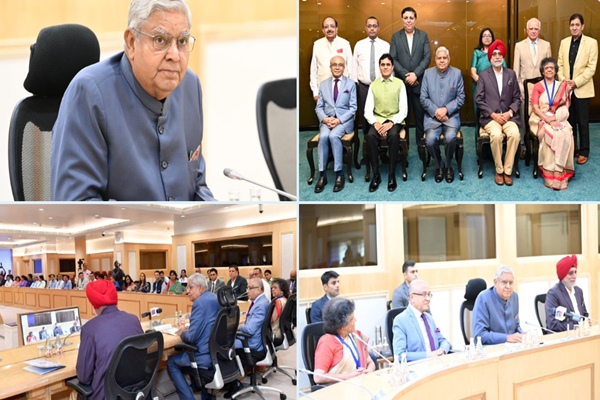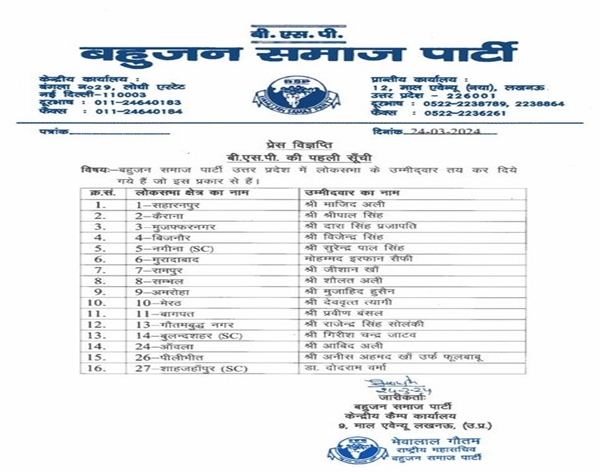Vice President Jagdeep Dhankhar has said that a secure digital environment fosters innovation, attracts investment and facilitates seamless economic activities. Addressing valedictory session of the 3rd Cyber Security Conference organised by Global Counter Terrorism Council in New Delhi this evening, he stressed on the need to promote a culture of well-equipped cyber security leadership that is focused on combating evolving cyber-attacks.
Mr Dhankhar said, disruptive technologies have come to stay and they are in the driver’s seat today. He said, the challenges that they pose must be converted to opportunities. The Vice President said, the enormous potential that these technologies hold is not limited to just economics, business or individual productivity.
He said, it is also related significantly to the security of the nation. Mr Dhankhar said Bharat is among the largest digital societies in the world and it has over 820 million active Internet users. The Vice President said, there has been banking inclusion of over 500 million people. He said, last year 50 per cent of global digital transactions took place in the country. Mr Dhankhar said, just a decade ago, the country was taken as a fragile five countries on the point of the economy but now it has jumped to the top five.
The Vice-President also emphasised the need of providing legal aid to cyber crime victims, especially in rural areas. Taking cognisance of increasing cyber crime incidents with increasing digital penetration in the country, he noted that this is a new area of concern for agencies, investigators, regulators and legal fraternity. He called for developing technical & human expertise to tackle it.
Highlighting the Government’s proactive measures to fortify India’s digital defences, Mr Dhankhar noted the implementation of pivotal initiatives, including the National Cyber Security Policy, the establishment of the Indian Computer Emergency Response Team, and updates to the Information Technology Act 2000. The Vice President said that these initiatives, along with enhanced public-private partnerships, signify a significant advancement in safeguarding the country’s digital infrastructure.















